
Editorial team & contributors
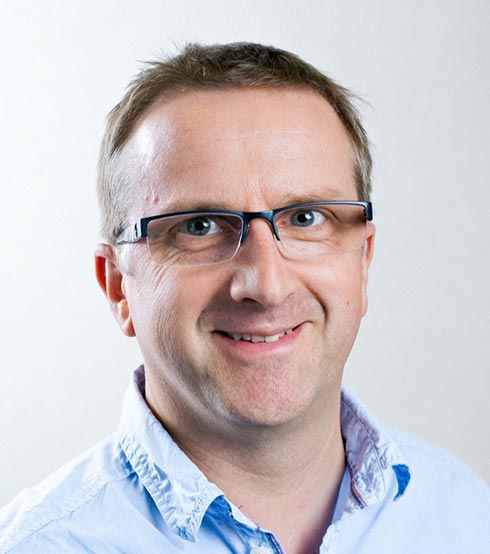
Experienced agricultural journalist and communications professional working mostly in the arable sector.
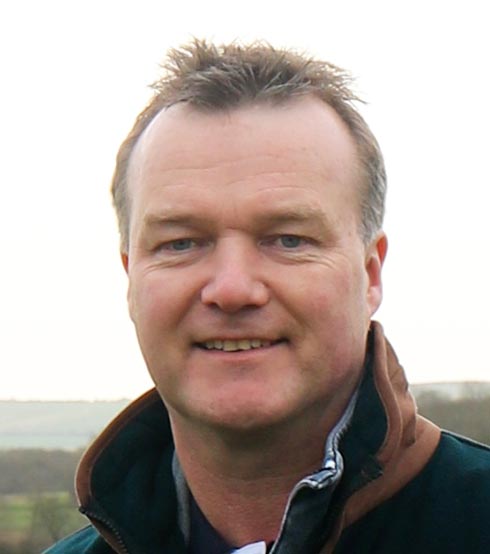
A farmer, journalist, and founder of the British On-Farm Innovation Network. Tom has a keen interest in plant breeding and hosts our gene editing podcast.
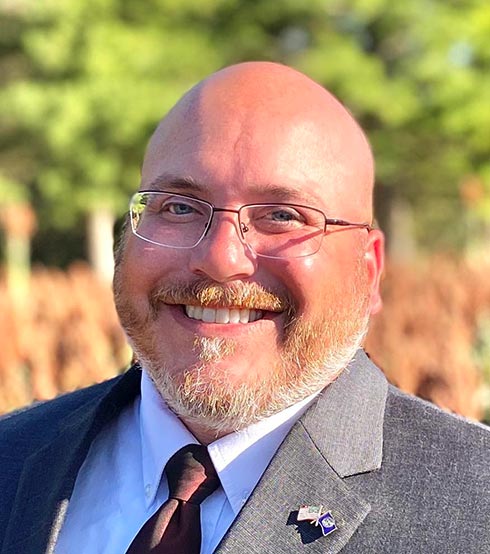
Nate Blum is Chief Executive Officer of BlüMilo and Sorghum United, an international NGO with a mission to advance education and market development for sorghum. He is an expert on grain sorghum production and marketing, with a focus on value-adding processing for sorghum-based products. Blum also worked with international stakeholders to host an
Independent Food Systems Summit on the United Nations’ Sustainable Development Goals.
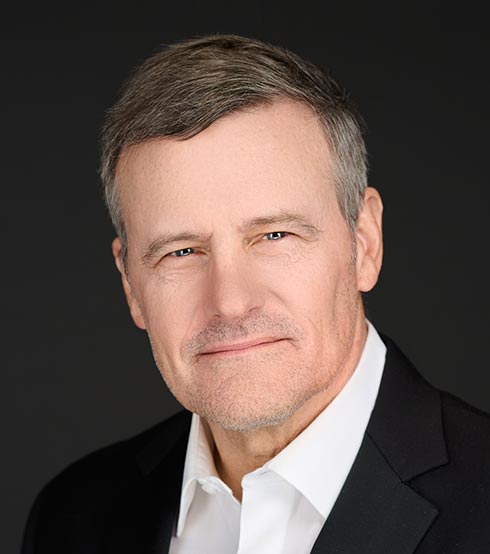
Garth Boyd, Ph.D., is Partner at The Context Network, a company that advises the agricultural value chain on improving sustainability. Boyd is an expert in agricultural carbon programs and markets. His life-long experience in production agriculture, academia, extension and agribusiness help Context's clients in the following areas: value creation in responsible food chains; new product innovation and go-to-market strategies; sustainability; environmental assets; and bioenergy issues, on local and international levels.
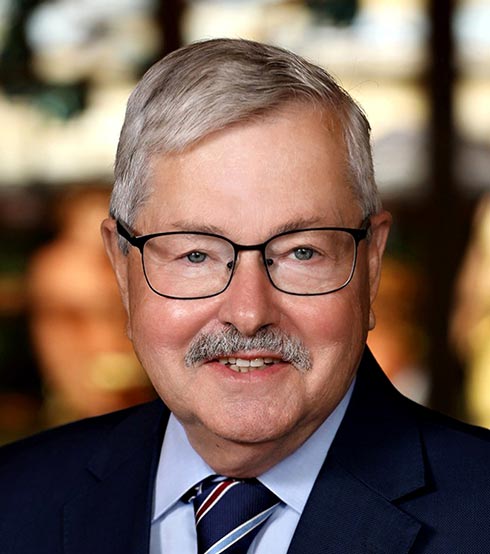
Former U.S. Ambassador to China Terry Branstad is President of the World Food Prize Foundation. He has had an important connection to food and agriculture throughout his career, including leading the state of Iowa through much of the 1980s Farm Crisis and rebuilding a state economy where agriculture drives many employment sectors.
Ambassador Branstad holds the record as longest-serving governor in the history of the United States. He held the office of Governor of Iowa from 1983 until 1999, and then again from 2011 until 2017, when he was appointed U.S. Ambassador to China.
During his tenure as the U.S. Ambassador to China from 2017 to 2020, Ambassador Branstad’s two greatest accomplishments included the signing of the historic Phase-One Trade Agreement in January 2020 and successfully lobbying the Chinese government to stem the flow of fentanyl into the United States.
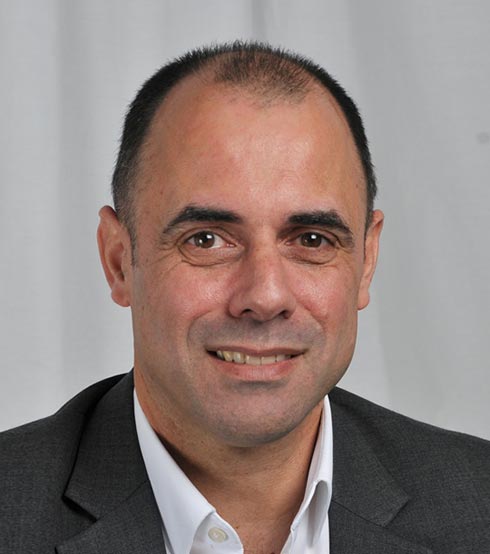
Professor Mario Caccomo is Chief Executive Officer of the National Institute of Aapplied Botany (NIAB), based in Cambridge (UK). A computer scientist, he has over 20 years’ experience in life science research and big data, including specific projects to apply the latest DNA sequencing technologies and bioinformatics methods to advance scientific understanding of crop genetics and the interaction of agricultural crops with their environment.
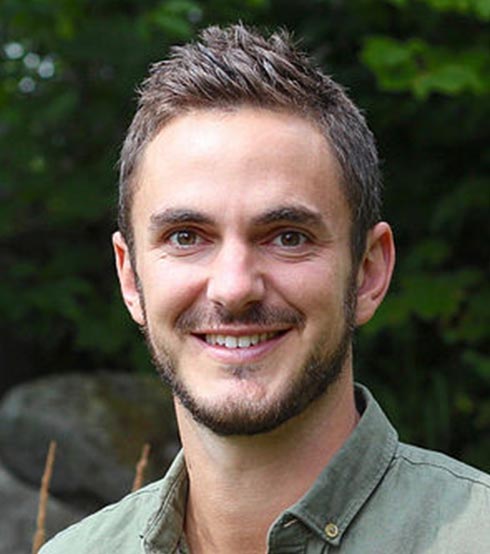
Professor Tom Crowther is an ecologist studying the connections between biodiversity and climate change. He is Professor in the Department of Environmental Systems Science at ETH Zurich, Chair of the Advisory Council for the United Nations Decade on Ecosystem Restoration, and Founder of Restor, an online platform for the global restoration movement. In 2021, the World Economic Forum named him a Young Global Leader for his work on the protection and restoration of biodiversity.
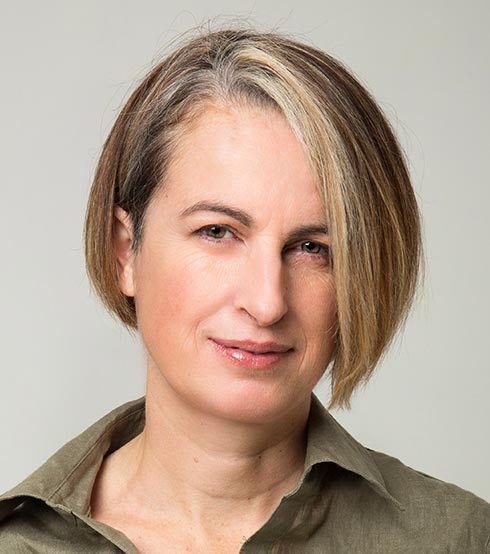
A well established agricultural journalist and former Editor of 'Crop Production Magazine' in the UK. Lucy is also a FACTS and BASIS registered agronomist with a special interest in sustainable farming.
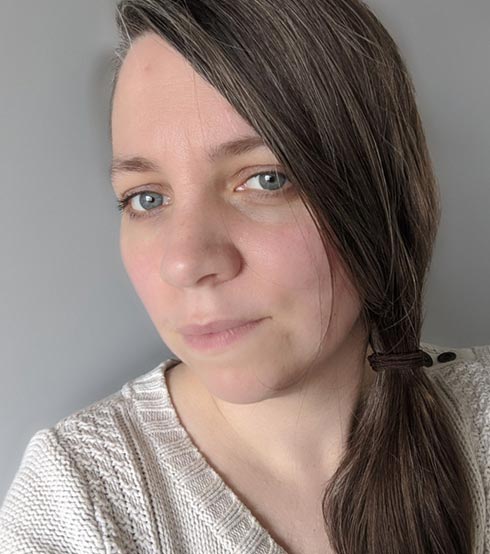
Dr. Helen Fones is a Plant Pathologist at the University of Exeter in the UK. Her main research interests are: fungal and bacterial plant pathogens; plant defence signaling, stress signaling and crosstalk; climate change and food security; crop protection; and metal hyperaccumulating plants.
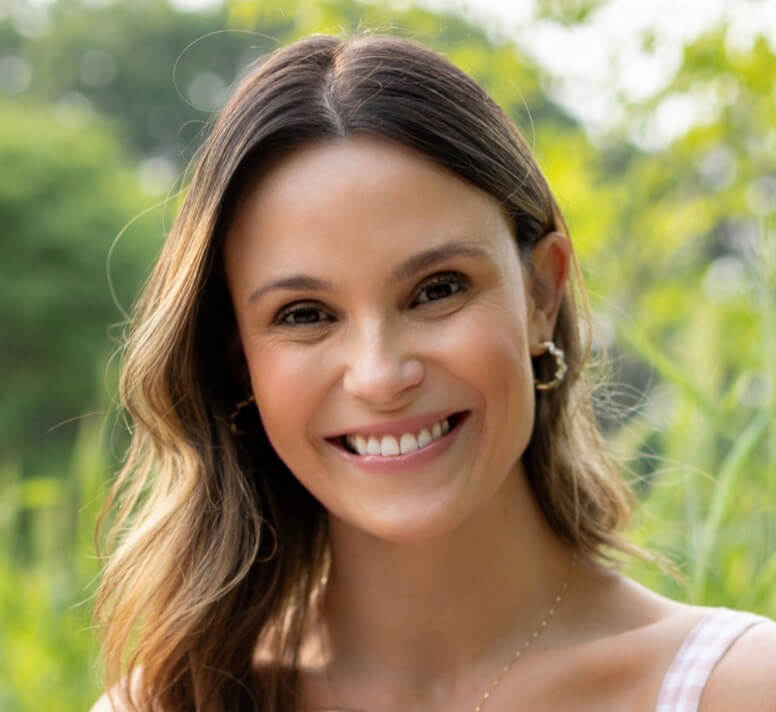
Bruna Forcelini currently serves as the Disease Management Discovery & Development Group Leader at Corteva Agriscience. Leading a team of plant pathologists in Indianapolis, Indiana, she supports project and assay management for Corteva Research and Development. Previously, Bruna held the position of Screening Leader and Senior Fungicide Biologist within the Discovery and Development team at Corteva. Her interests in agriculture began at an early age in Southern Brazil, where her family farmed. Bruna earned a B.S. in Agronomy and Ag Engineering in Brazil, followed by a M.S. and Ph.D. in Plant Pathology from The University of Florida.
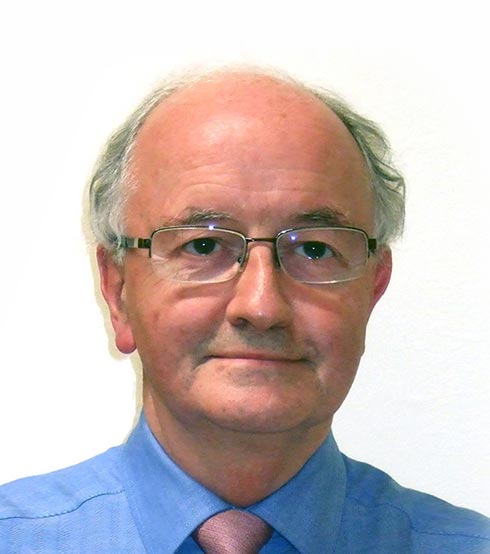
Professor Chris Gilligan is Director of Research and
Head of the Epidemiology and Modelling Group in the Department of Plant Sciences at the University of Cambridge, UK. His research focuses on establishing and testing theoretical frameworks to identify epidemiological mechanisms to improve the prediction and control of outbreaks of pathogens and pests within changing agricultural and natural landscapes.
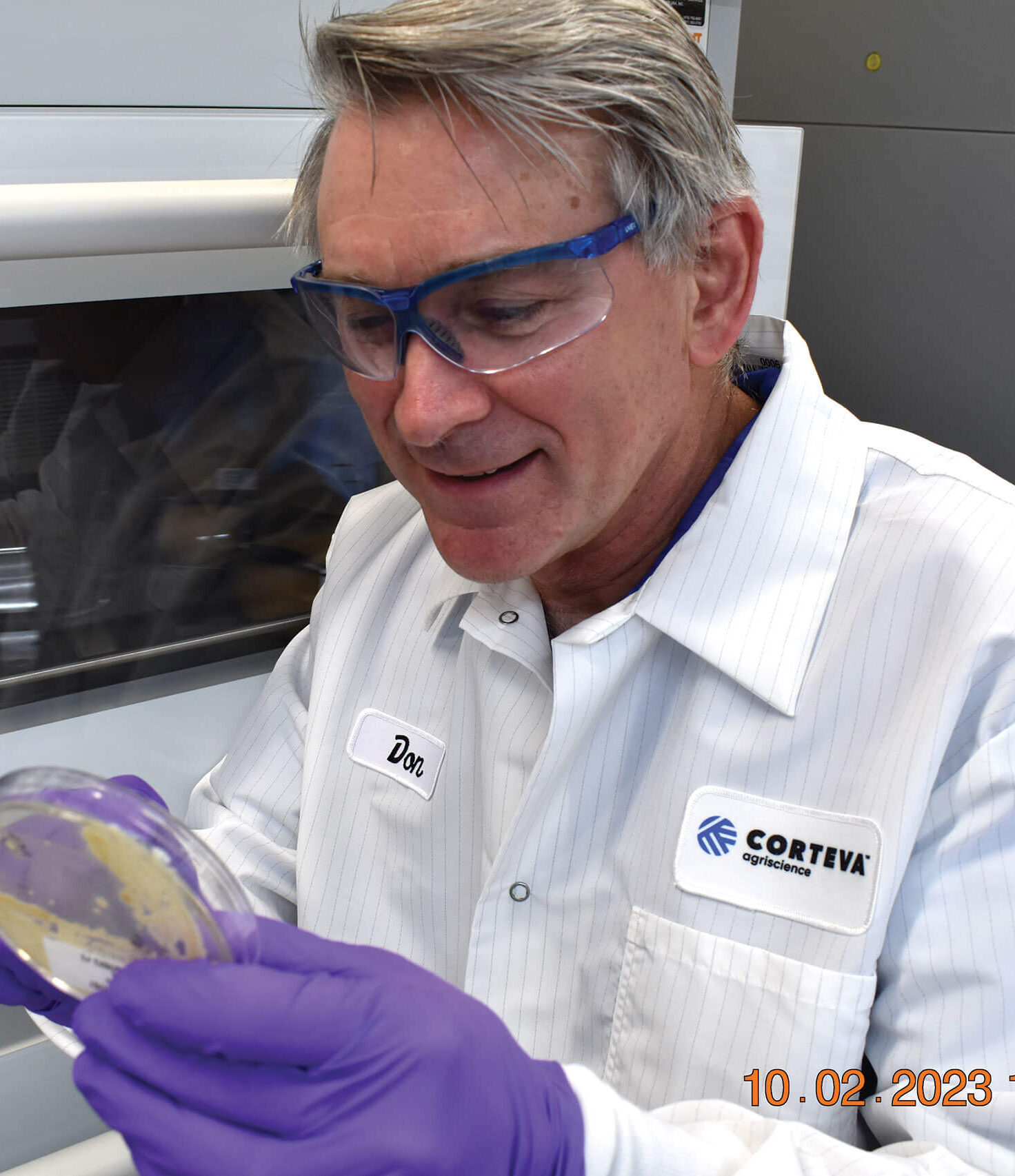
Don Hahn has over 35 years’ experience exploring natural products from microbes. He is currently a research scientist in Biologicals Discovery & Development for Corteva Agriscience and investigating microbes that can control agricultural pests in a sustainable way. Don became interested in biology through romps in nature as a child catching lizards & frogs and discovered the wonder of the invisible world of microbes in college. He still enjoys nature, especially sharing it with his family & children.
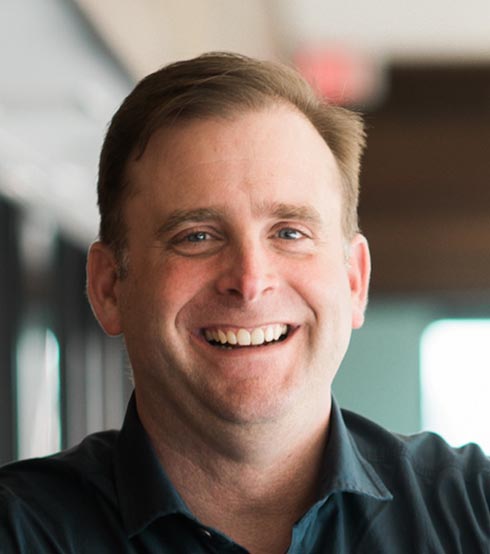
Chris Harbourt, Ph.D., is Chief Strategy Officer at Indigo, where he previously had the role Gloabal Head of Carbon. Prior to Indigo, he served as CEO of AirScout and co-founder and CEO of Agrible. He is a Board member for Brandt, Greene, and Rantizo, an advisor to venture firms and M&A advisories, and actively invests in ag tech as the managing partner of Hatch Ag Group.
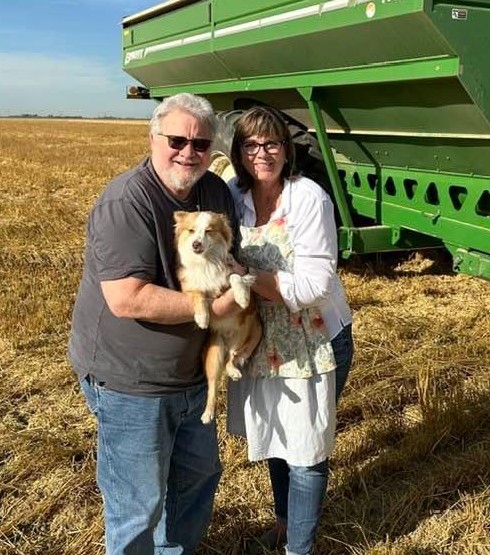
Barry Hinkhouse farms 23,000-acre in Burlington, Colorado.
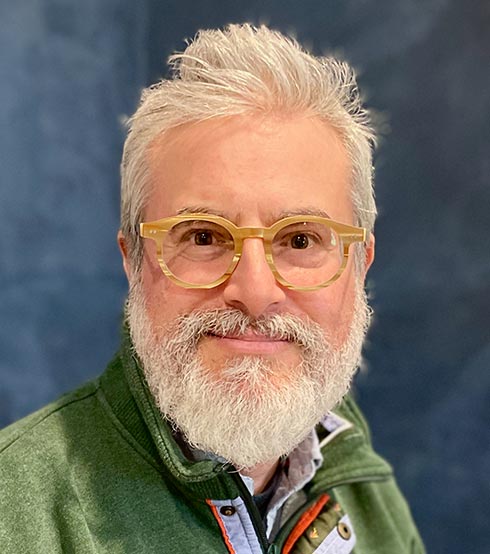
Jeremy Katz, Ogilvy’s worldwide editorial leader, has been using language to shape consumer behavior for over 30 years. His specialty has always been prescriptive, service-based non-fiction and the development of complex projects from idea to publication. Jeremy is also the co-founder of a cybersecurity startup and managing partner at Above/below, a boutique marketing and knowledge management firm. Prior to joining Ogilvy, Jeremy worked in the publishing industry for two decades as an editor, writer, literary agent, and consultant.
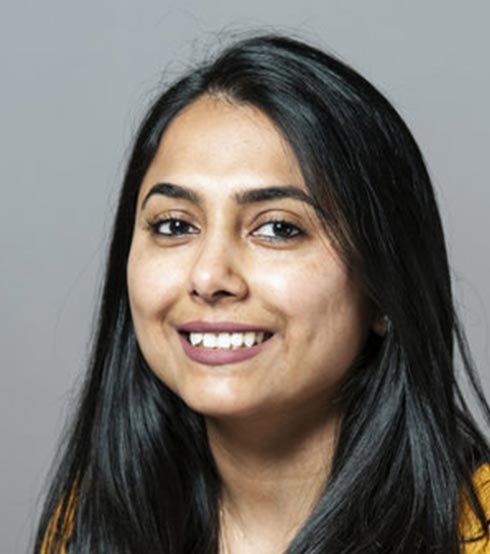
Dr. Navneet Kaur is a research scientist working in the Sustainable Soils and Crops Department at Rothamsted Research in the UK. She has several years of experience in molecular biology, genome editing, tissue culture, and plant metabolic engineering.
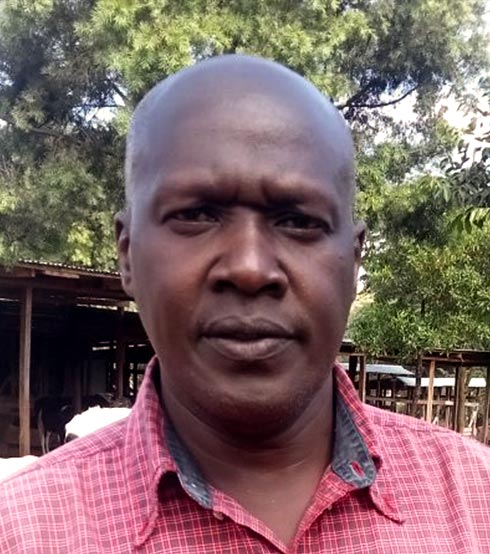
Francis Kigen is a dairy farmer in Baringo County, Kenya. He has adopted forage maize varieties promoted through the Kenya Nourishing Prosperity Alliance (KNPA) to ensure a more consistent supply of quality forage for his 12-cow Friesian and Jersey herd.
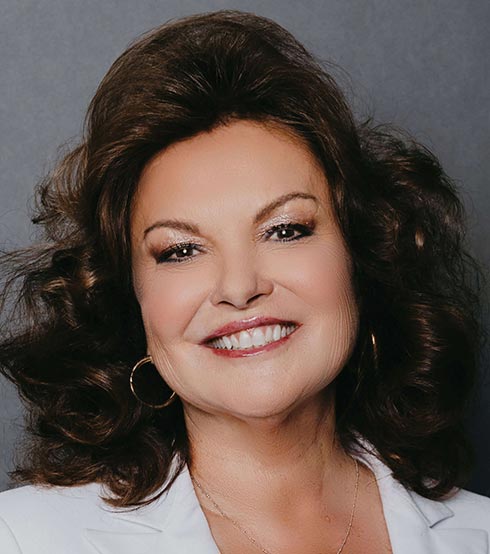
Heidi Kühn is the Founder and Chief Executive Officer of Roots of Peace. She founded the humanitarian non-profit organization with a vision of turning Mines to Vines. After winning her own battle with cancer, Kühn was inspired to replace remnants of war with bountiful farmland. Since 1997, her farmer-focused development model that restores farmland, food security, livelihoods and resilience after devastating conflicts has transformed war-torn lands. Heidi was awarded the World Food Prize in 2023.
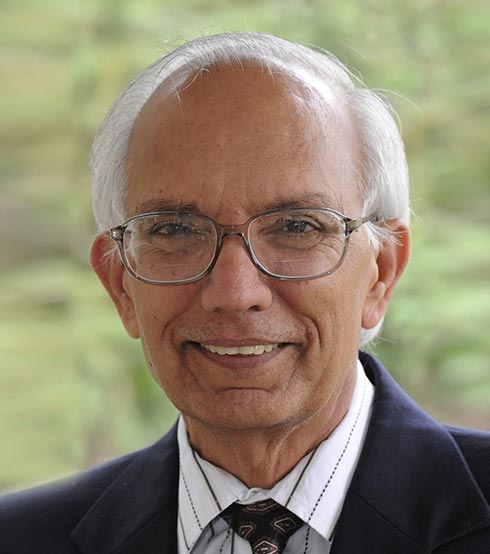
Dr. Rattan Lal is Distinguished University Professor of Soil Science and Director of the Carbon Management and Sequestration Center at the Ohio State University: College of Food, Agricultural and Environmental Science. He is the recipient of many prestigious awards, including the 2020 World Food Prize for developing and mainstreaming a soil-centric approach to increasing food production that restores and conserves natural resources and mitigates climate change.
Over his career spanning more than five decades and four continents, Dr. Lal has promoted innovative soil-saving techniques benefiting the livelihoods of more than 500 million smallholder farmers, improving the food and nutritional security of more than two billion people and saving hundreds of millions of hectares of natural tropical ecosystems.
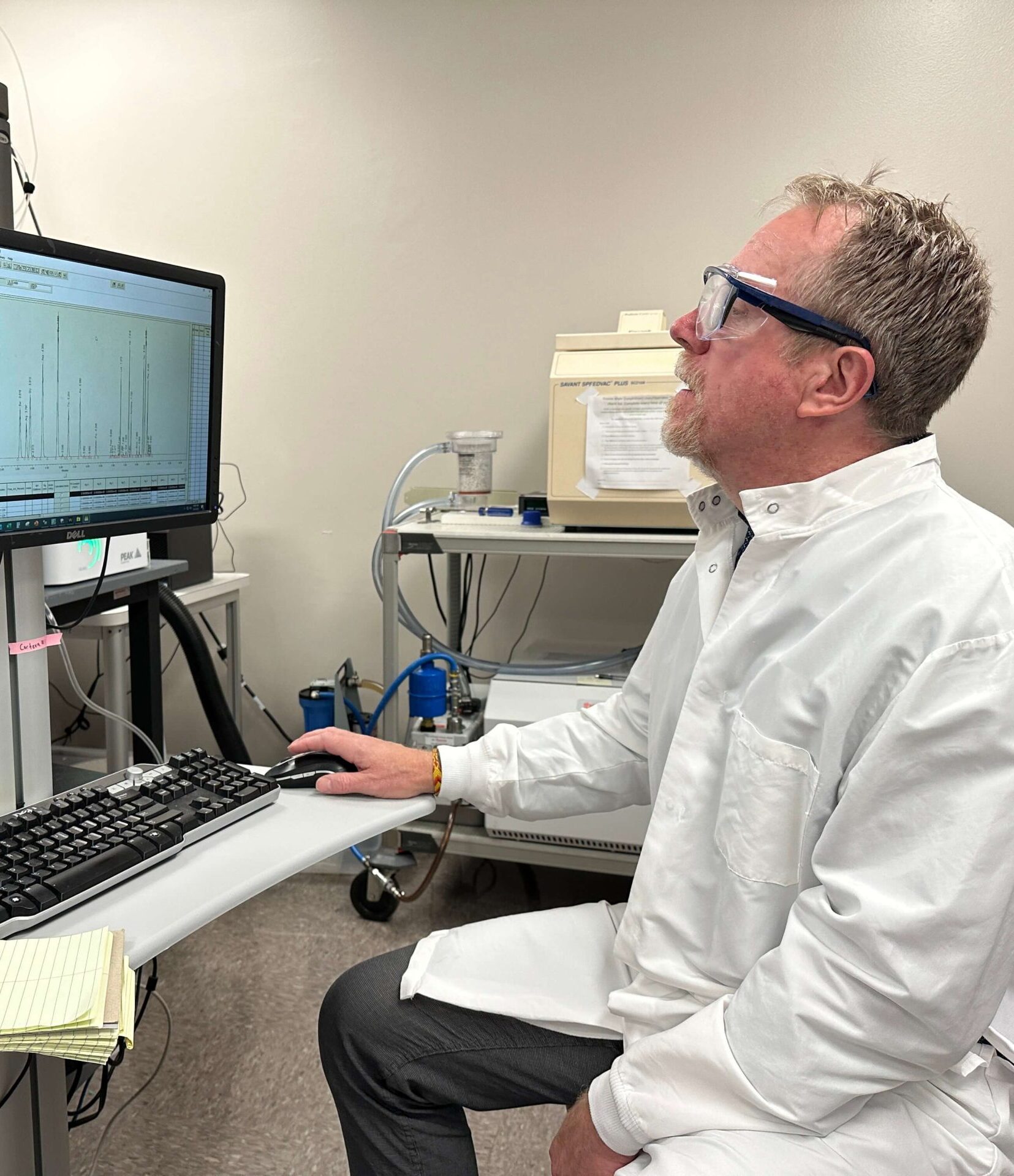
Knut Meyer is from the state of Lower Saxony, Germany and studied Biology. He left Germany in 1991 to get a doctorate in Plant Genetics at the ETH in Zurich, Switzerland. Over the past 25 years, Knut has played pivotal roles within Corteva Agriscience and its legacy organizations, supporting trait discovery and development for row crops. He is currently a Biotechnology Program Leader at Corteva. Knut loves working at the intersection of plant genetics and plant metabolism improving seed composition for feed, fuel, and food applications.
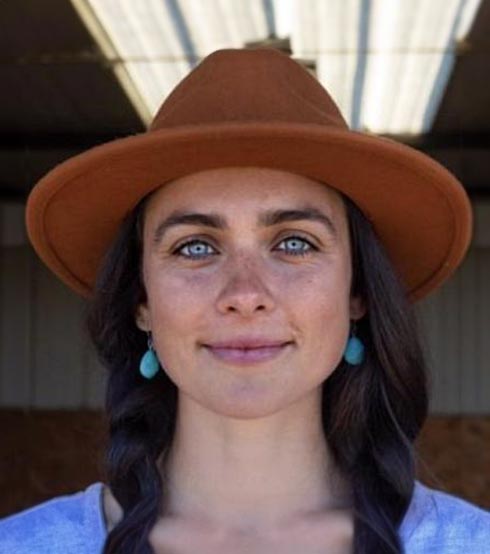
Meri Mullins qualified as a chemical engineer and has several years of experience in account management, project development, technical training, and advocacy within regenerative agricultural, and environmental consulting. Through building strong working relationships with a diversity of stakeholders including producers, corporations, investors, and policy makers, Mullins aim to scale land regeneration and improve climate resilience in the food system.
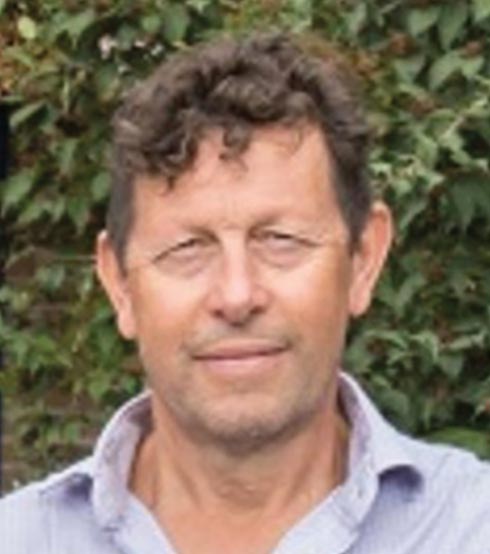
Professor Paul Nicholson is Group Leader for the Delivering Sustainable Wheat project. His lab at John Innes Centre in the UK is looking at genomic solutions for diseases such as fusarium and wheat blast and has just discovered resistant genes to the wheat blast fungus.
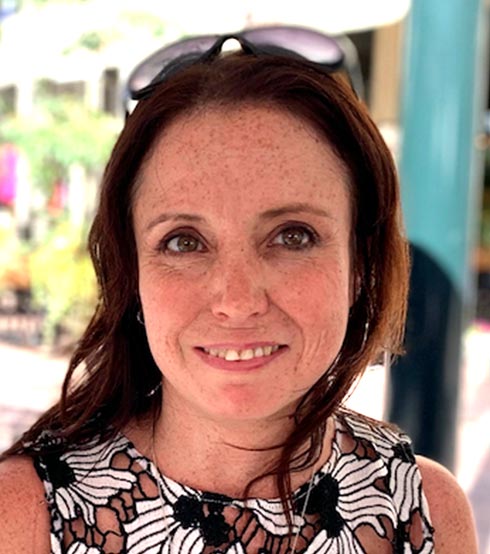
Danielle Nierenberg co-founded Food Tank in 2013, a non-profit thought-leadership organization focused on building a global community for safe, healthy, and nourished eaters while conducting unbiased research on the factors impacting the food system. She has a grounded approach to her work to help alleviate hunger and poverty while protecting the environment.
Danielle is also the recipient of the 2020 Julia Child Award.
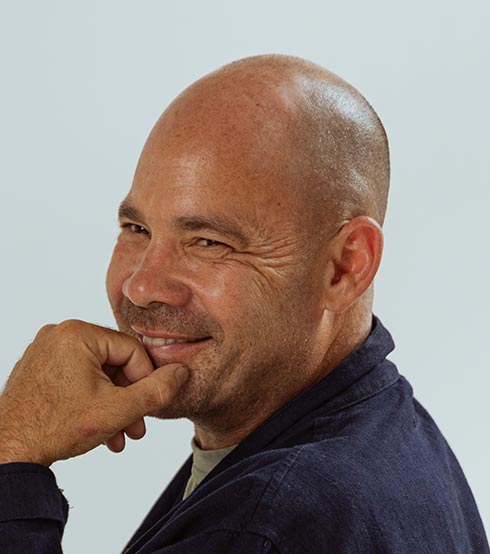
Erik Oberholtzer is a chef, social entrepreneur and food activist. He is co-founder and chairman of Los Angeles-based Tender Greens, a healthy food restaurant chain.
Founded in 2006, Tender Greens started with a mission of providing seasonal home cooking at affordable prices, using supply chain innovations and a guiding philosophy that food can transform lives. Tender Greens has since grown to 29 restaurants in California, New York and Massachusetts.
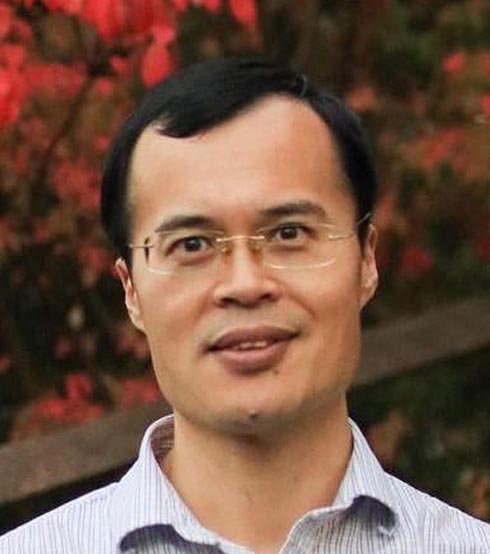
Dr. Yiping Qi is a Professor in the Department of Plant Science and Landscape Architecture at the the University of Maryland (USA). The Qi lab works on plant genome engineering and synthetic biology, developing and improving tools for editing plant genome, fine-tuning plant transcriptome, detecting plant pathogens and sensing environmental stresses.
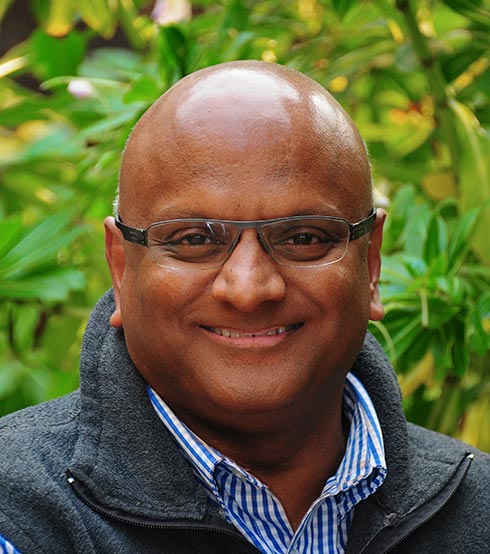
Raja Ramachandran is Founder and Chief Executive Officer of Ripe-io, a company leveraging digital technologies such as the IoT, cloud, algorithms, machine learning and blockchains to help solve large, global problems around food - including food traceability. He had a successful foreign exchange trading career, managing electronic trading and execution platforms and lead regulatory implementation over a 20 year career at Bank of Boston (BAML), Citi, Silicon Valley Bank and Wells Fargo
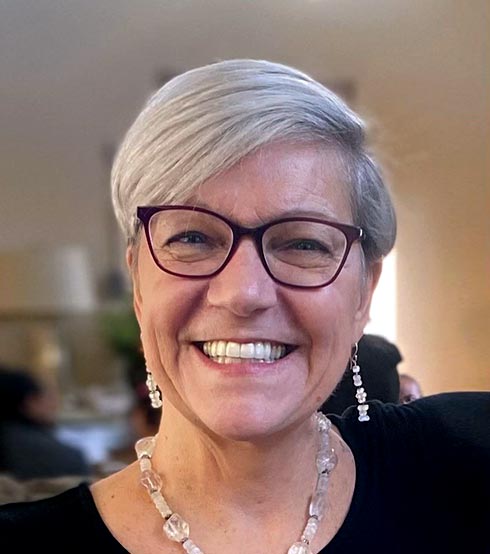
Debbie Reed is Executive Director at Ecosystems Market Services Consortium (EMSC). Previously, she led the Coalition on Agricultural Greenhouse Gases (C-AGG), a national multi-stakeholder coalition supporting the development of tools, technologies, knowledge and programs to improve quantification of GHG from agriculture and GHG mitigation opportunities for the sector. She was also the founding Executive Director of the International Biochar Initiative. Reed served in the Clinton Administration at the White House Council on Environmental Quality as the Director of Legislative Affairs and Agricultural Policy and in the US Senate as a Senior Staff on natural resource and agricultural issues. She held numerous leadership positions at the US Department of Agriculture.
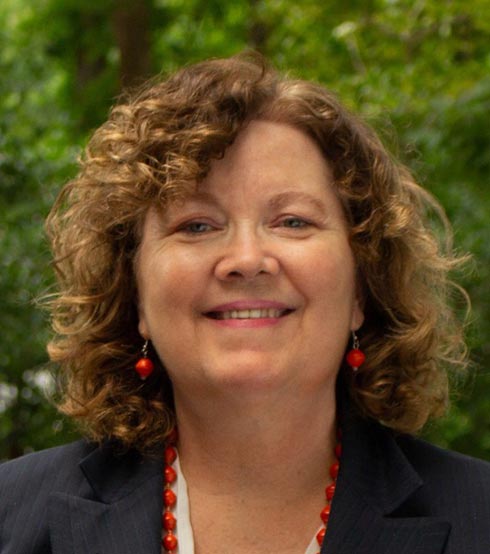
Dr. Jean Ristaino is a Professor in the Department of Entomology and Plant Pathology at NC State University. She also serves as the Director of the “Emerging Plant Disease and Global Food Security” cluster at NC State and has served as a Jefferson Science Fellow for the US Department of Stat. Her research focuses on the genetics and genomics of plant-pathogen interactions, particularly in the areas of potato and tomato diseases.
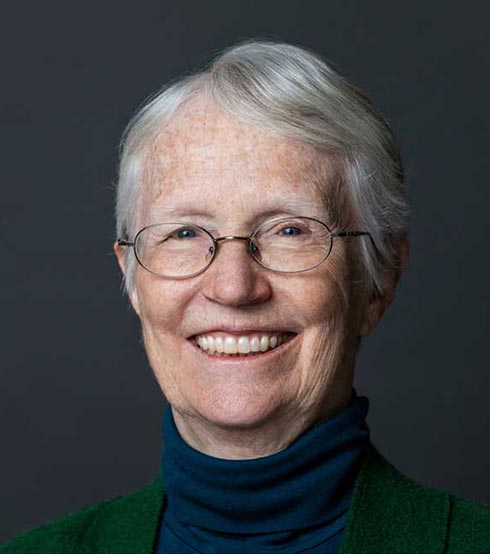
World Food Prize laureate (2022) Dr. Cynthia Rosenzweig is a Senior Research Scientist at the
NASA Goddard Institute for Space Studies. She heads the Climate Impacts Group, which investigates the interactions of the climate on systems and sectors important to human wellbeing. Rosenzweig is also Professor of the Department of Environmental Science at Barnard College and a Senior Research Scientist at the Climate School at Columbia University.
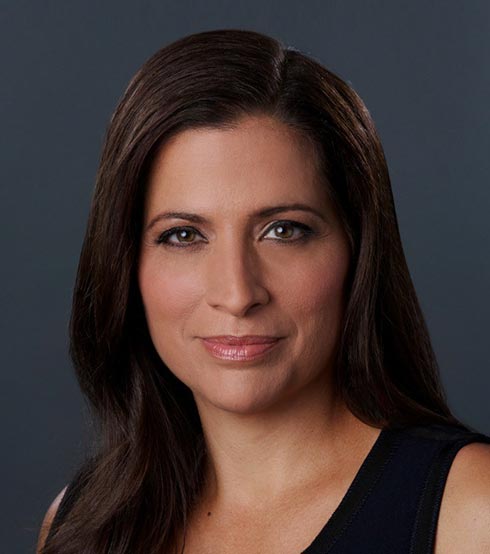
A veteran business and global affairs journalist and bestselling author. She has worked previously at PBS NewsHour Weekend, NBC News, CNBC, CNN and, most recently, McKinsey.
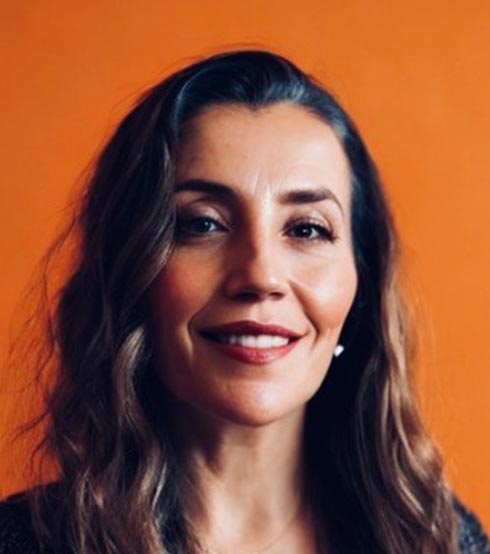
An experienced commercial and editorial leader with a passion for thought-leadership, communications, and digital content creation. Formerly McKinsey Thought Leadership Writer and Editor.
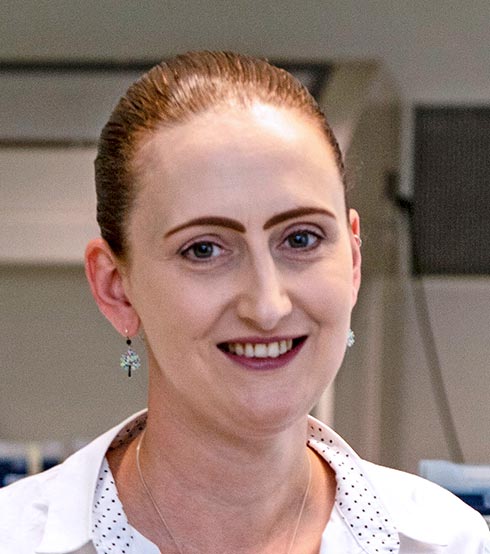
Professor Diane Saunders is Head of Department at the John Innes Institute in the UK. Her research focuses on (re-)emerging plant pathogens that pose a significant threat to agriculture. Current projects include: developing new, innovative genomics-based tools to track and study pathogen dispersal on a national and international scale; understanding how pathogens evolve to evade host recognition and fungicide control; developing a better understanding of how specific host plants respond to pathogen invasion; and unravelling the role of wild plants in the life cycle of the wheat rust pathogens in the UK.
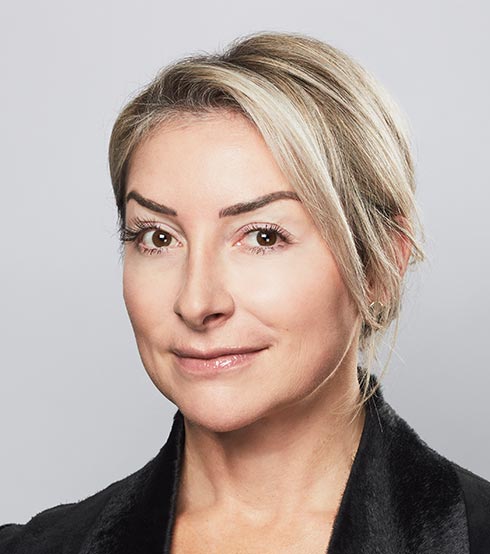
Roslyn has more than 20 years of experience running international strategic content studios and has led teams in the US, UK, Singapore, Italy and in her home country, New Zealand. She previously founded and managed Alpha Grid, a specialist agency now owned by the Financial Times. A former World Economic Forum Media Leader, Roslyn has worked as a broadcast journalist for CNBC, BBC World Service, APTN and TVNZ, producing primetime current affairs programming and Prime Ministerial debates.
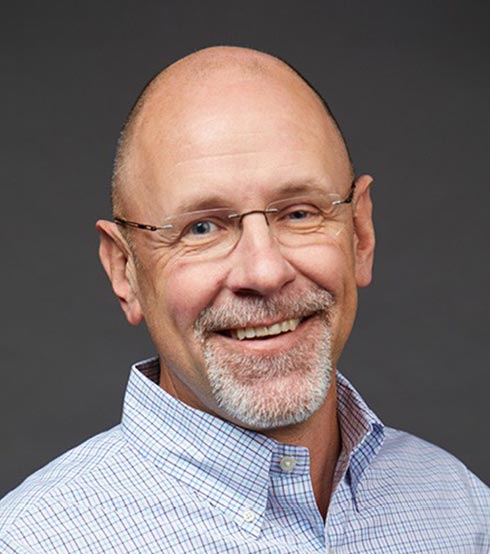
Dr. Bruce Sherrick is a Professor in the Department of Agricultural and Consumer Economics at the University of Illinois. He is also Director of the TIAA Center for Farmland Research. Dr. Sherrick specializes in crop insurance programs.
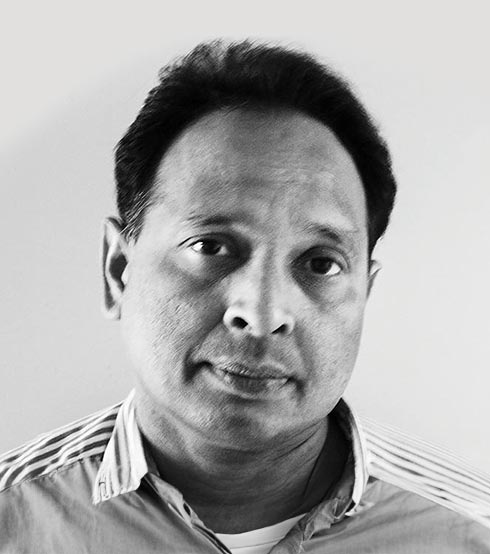
Dr. Guntur V. Subbarao is a senior research scientist and group leader for the "biological nitrification inhibition" research team at Japan's International Research Center for Agricultural Sciences (JIRCAS). There, he researches the process by which plants naturally limit nitrate production and nitrous oxide emissions. Through this research, he and his colleagues aim to build new technology to optimize nitrogen use in soils, limiting nitrogen leakage and nitrous oxide emissions while improving crop yields and quality. He has presented his research at both G7 and G20 meetings.
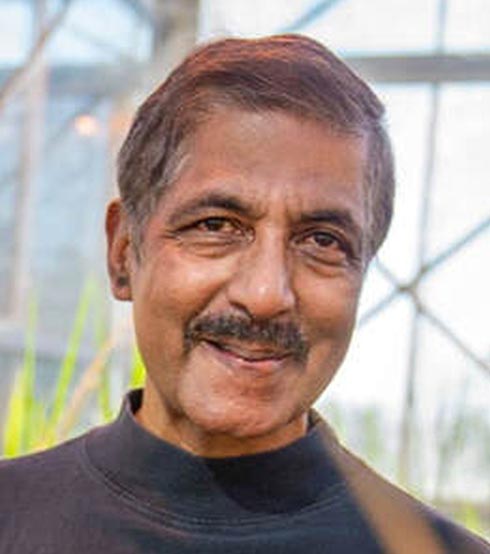
Dr. Venkatesan Sundaresan is Professor in the Department of Biology at the University of California, Davis. His team has succeeded in propagating a commercial hybrid rice strain as a clone through seeds with 95% efficiency. This could lower the cost of hybrid rice seed, making high-yielding, disease resistant rice strains available to low-income farmers worldwide.
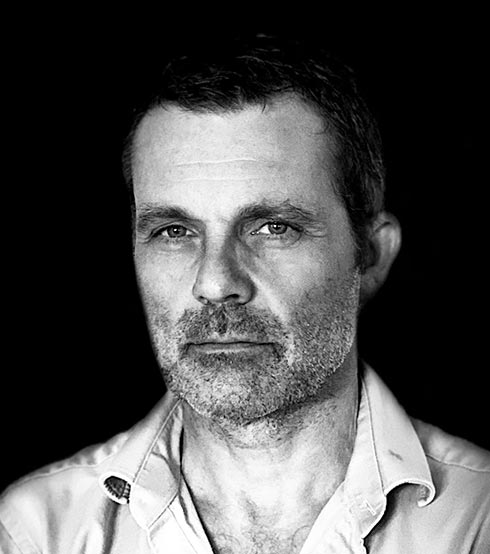
Freelance writer, editor and journalist who divides his time between California, Mexico and the UK.
Previously, was Financial Times correspondent in Paris, culminating a 20-year career at the FT. Roles there included Mexico and Central America bureau chief, deputy features editor and news editor on the FT's world desk.
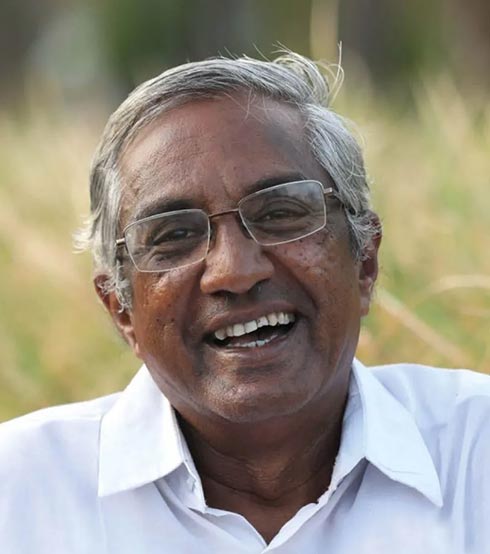
Ravichandran Vanchinatha is a farmer in Tamil Nadu, India, producing rice, cotton, pulses and sugarcane, He is a Corteva Climate Positive Leader.
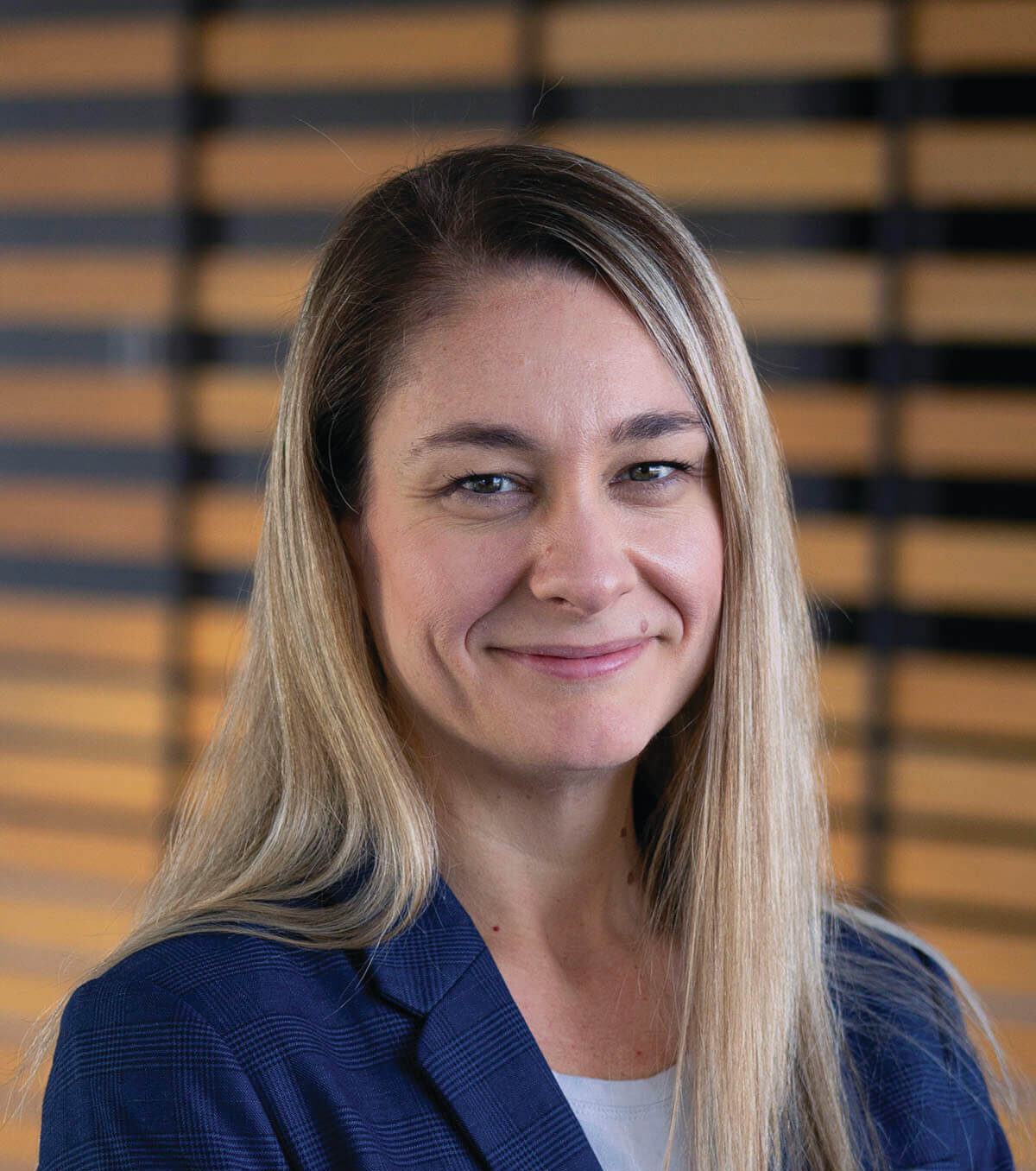
Gina Zastrow-Hayes is the Director of the Biotechnology Genome Center of Excellence at Corteva Agriscience. She leads a global team of molecular biologists, data analysts, logistics and business intelligence experts to understand, characterize, and modify genomes of key agricultural species. Gina holds a bachelor’s degree in microbiology from the University of Wisconsin – Madison and has worked in the field of Genomics spanning toxicology, cancer biology, circadian biology, and agricultural biotechnology. Following work on the human and mouse genome annotation programs she managed genomics and cell-based screening facilities at the Scripps Research Institute and University of Pennsylvania before joining DuPont Pioneer (Corteva) in 2008
Get in touch
Please contact us with any questions or feedback, to suggest future stories or to explore a partnership with the ‘Views on Agriculture’ publication or website.